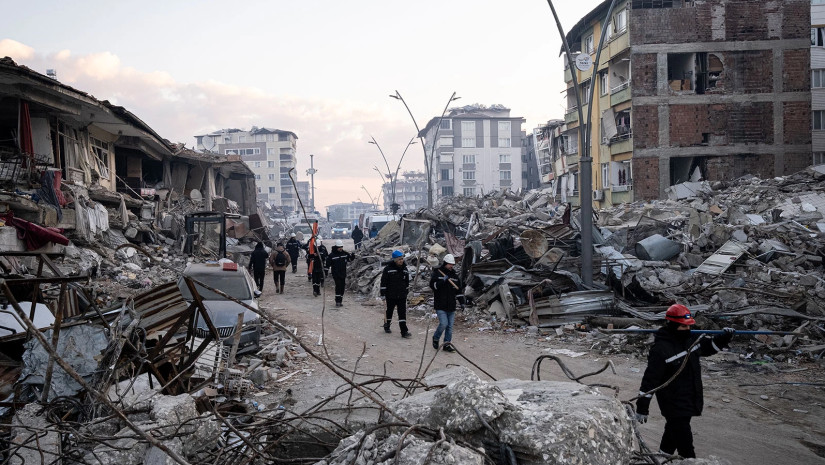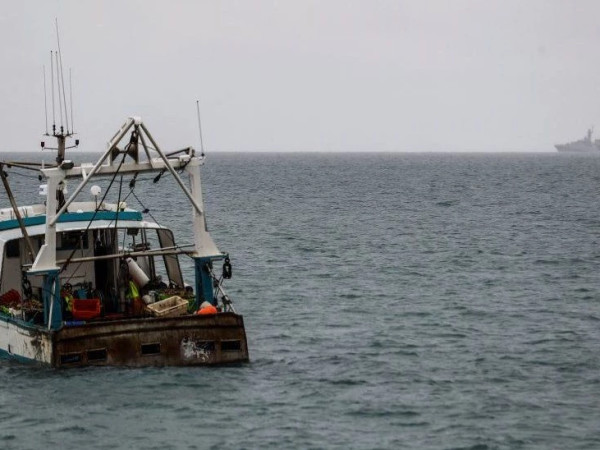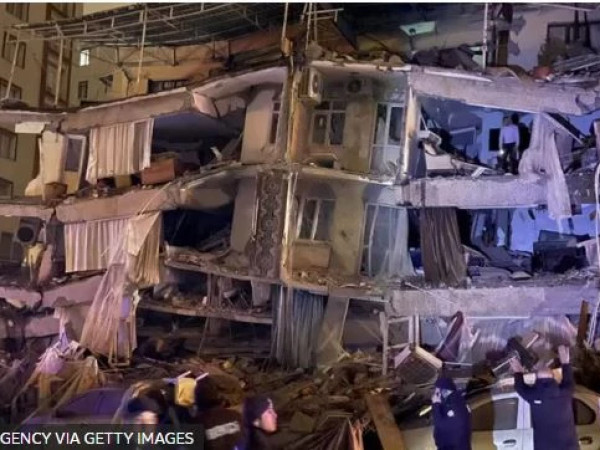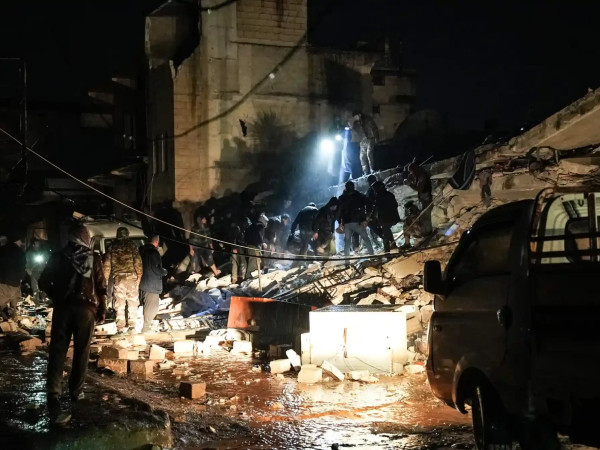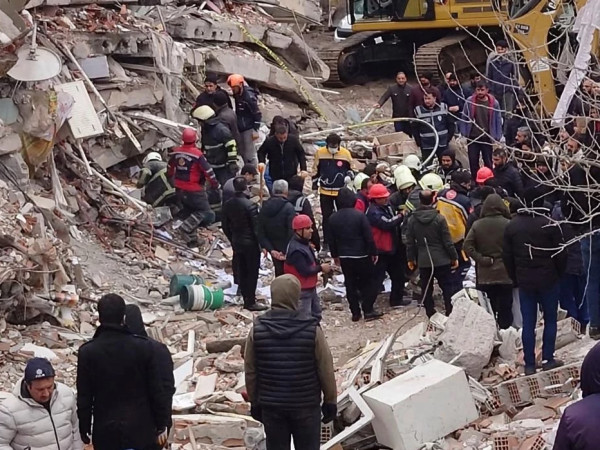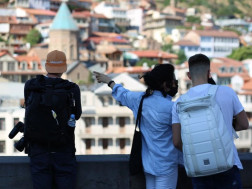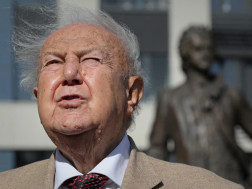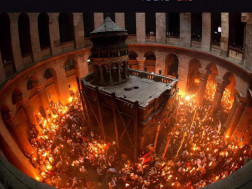Only devastation remains inside Aleppo, a Syrian city that was already dealing with the effects of a years-long civil war before the deadly earthquake hit on Monday. The BBC is one of the first international outlets to report from the government-controlled city, where over 400 people have died.
We travelled to the affected parts of the war-torn city on Friday with the Syrian government's permission.
As we entered the damaged neighbourhoods, it was difficult to distinguish between the destruction caused by this country's 12-year long civil war, and the devastation caused by the earthquake.
We saw residents waiting around in the cold squares surrounded by debris, many wrapped in blankets and coats.
In the eastern neighbourhood of al-Shaar, the sound of diggers rang out against the backdrop of multi-storey buildings flattened to the ground.
"We know someone in that building who lived on the first floor... he didn't have enough time to get out of his house," one woman told us, gesturing towards a pile of rubble.
"The building collapsed while he was still in there. He died alongside his wife and children," she said.
Only one of his daughters was saved from under the rubble and is in the hospital now.
The quake has brought more misery to a country already gripped by crisis.
The death toll across government and rebel-held areas has reached nearly 4,000, with more than 7,000 people reported injured or unaccounted for.
Much of Aleppo was destroyed in the civil war, which broke out in 2011 when a peaceful uprising against President Bashar al-Assad turned violent.
Despite efforts to rebuild some parts of the former cosmopolitan hub, the city still bears the wounds of the war between the Russian-backed Syrian government and rebel groups.
Now, rescue teams have to pull down even some of the buildings still standing, out of fear they might collapse later on.
"Two buildings near me came down; they each contained around 30 flats, and at least five people were living in each flat," on man told us.
"There are around 60 or 70 people still trapped under the rubble; only four or five people got out," he said.
Rescue efforts have been hampered by the instability of the buildings left standing.
"As you can see the buildings are shaking while we work to save people. We can't have that under international health and safety guidelines. So we've evacuated the residents" an army officer told us.
"There are a large numbers of people in shelters. Most of them are people who were evacuated because their buildings are not safe," he continued.
Thousands of residents from the worst-hit eastern districts of Aleppo have been forced into shelters.
After years of war and now a hugely destructive earthquake, what comes next for them is unknown.
bbc




